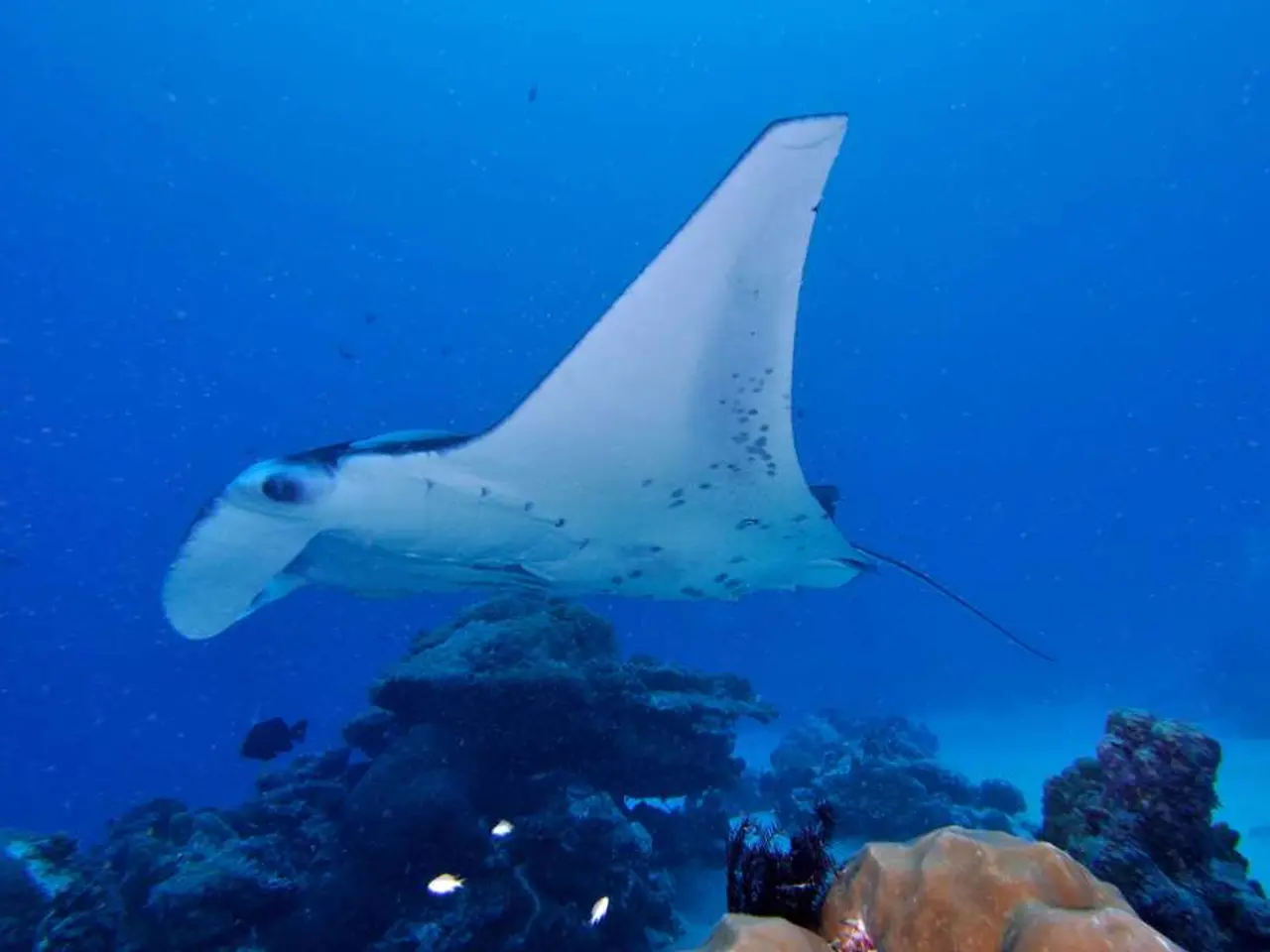Algae-based fish substitutes provide a sufficient amount of iodine.
In a recent market check, consumer centres tested six algae-containing plant-based fish alternatives. The findings revealed that five of the products contained relevant amounts of iodine, with levels ranging from 29 to 226 micrograms per 100 grams.
Three of these products were classified as iodine-rich, containing more than 45 micrograms of iodine per 100 grams. Among these, a canned plant-based tuna alternative stood out, providing an impressive 316 micrograms of iodine per 140-gram can. This is more than the recommended daily intake for iodine, which stands at 600 micrograms, from all sources combined.
Interestingly, none of the tested products met the criteria for mandatory labeling of iodine content. This means that consumers cannot determine the iodine content from product ingredients alone.
The product with the lowest iodine content was found to have levels below the detection limit of 10 micrograms per 100 grams. On the other hand, canned tuna contains significantly less iodine, between 21 and 28 micrograms per 140 grams.
Consumer advocates warn that it is not always clear to all consumers that individual vegan substitutes can contain high amounts of iodine. They recommend that individuals with thyroid disease should ask the manufacturer about the iodine content of the product before consuming it.
Moreover, consuming typical serving sizes of algae-containing products can lead to high iodine intake without it being easily recognizable. This highlights the importance of understanding the iodine content in these products and consuming them as part of a balanced diet.
The iodine content in these products depends on the type and amount of algae used, as well as natural fluctuations. Therefore, it is essential to be aware of the iodine levels in these plant-based alternatives to ensure a balanced and healthy diet.






